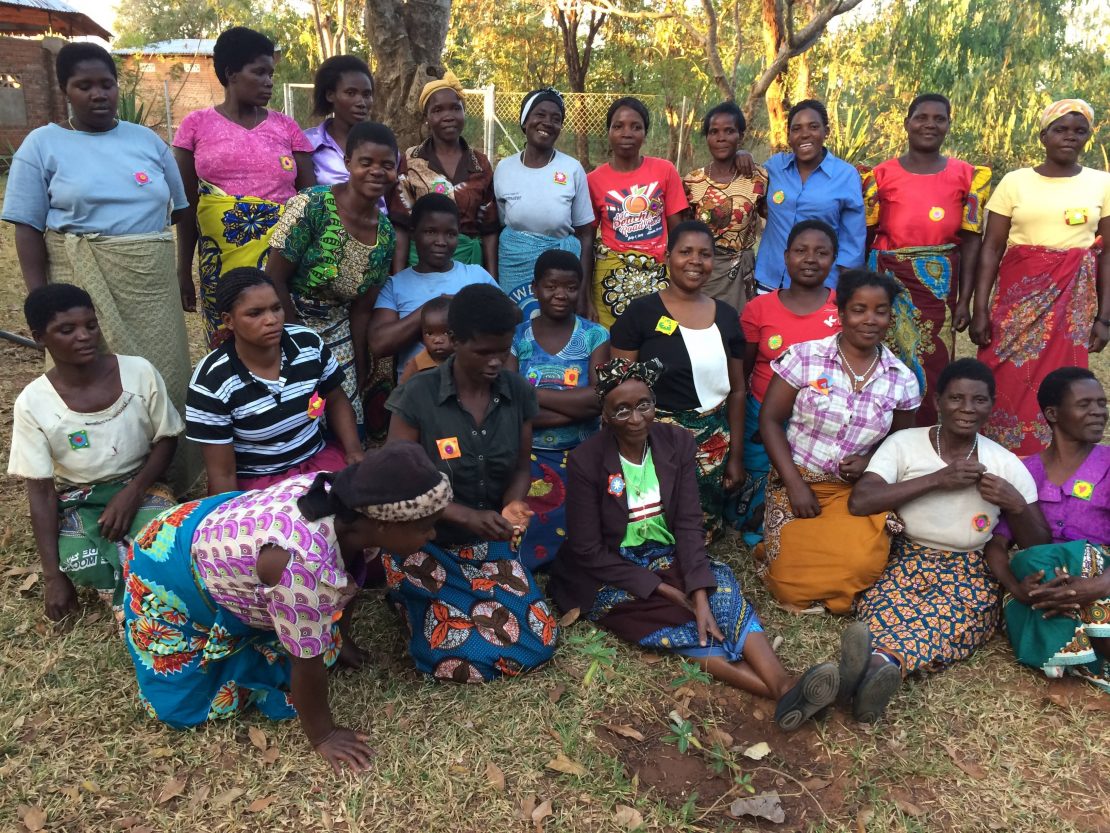
Women of Malawi
International Women’s Day on 8 March is a global day celebrating the social, economic, cultural and political achievements of women. The day also encourages a call for action for accelerating women’s equality
“The story of women’s struggle for equality belongs to no single feminist nor to any one organisation but to the collective efforts of all who care about human rights“
Gloria Steinem
To talk about our work with women and girls in Malawi it is perhaps worth using another quote but this time from Nelson Mandela, a quote which is up on the wall, as a constant reminder, in the volunteers house in Sitima.
“Education is the most powerful weapon with which we can change the world“
As children, many of the women in the village received little or no education yet traditionally they are the ones who raise their families and also bring in whatever income they can through growing and selling foodstuffs and making garments through sewing or knotting or even digging and collecting river sand for sale to builders.
Women and girls have been a major focus in all our work
Often families prioritise boys over girls when harsh decisions need to be made over who attends school. Girls are often obliged to stay at home to assist with chores or to care for younger children or poorly relatives. Working with the schools we have embarked on a series of programmes entitled “keeping girls in school. We have dedicated teachers in each school to whom a girl experiencing difficulties can go to. We have delivered specific education for girls (and boys) looking at gender bias and equality. We work with education officers identifying female teachers ready for promotion as a means of demonstrating positive role models.
Unlocking learning, although of a different form, is a determining factor when working with ladies of the village, some of our projects include;
- Providing literacy classes, enabling ladies to read with their children and grandchildren as well as aiding them with official communications
- Horticulture – setting up a working vegetable farm producing vegetables for feeding families and selling at the market. Throughout the process the women received training in aspects such as compost making, producing chemical free natural fertilisers and crop management
- Supporting women in villages to develop their own kitchen grdens
- Entrepreneurial training and business start-ups
- Economical and nutritious cookery courses
- Development of craft – sewing, knitting etc enabling the women to pursue a hobby , support their families and earn some money
Maybe the reasons to why we focus on working with girls and women can best be described by Bushra Farooq, a young ambassador for Theirworld, who says;
“When you educate a girl or a woman, you don’t just educate a person – you educate a nation.”
Other News
Christmas Greetings and news from our Chairman
Click above, to read the Christmas letter from our chairman Andy Clark who has recently returned from a working visit to Sitima. The trustees join with Andy in wishing you a very happy Christmas
New desks for Kachere School
A note of gratitude from Headteacher, Mr Lawrence Banda ” I cannot believe how amazing the classroom looks. That classroom will become the envy not just of the rest of the school but also of all other schools in the district. Thank you N4BW”
Volunteering
Veronica, one of our regular volunteers has described some of the work she has been involved in.